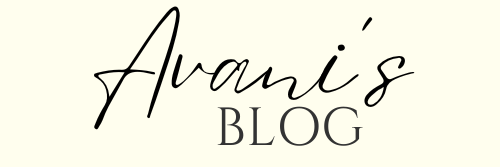I attended the talk given by Professor Sarah Lewis about the “ethics of the image” or the importance of the foundational right of just representation especially in contexts of American history and racial prejudice.
I found the topic wholely fascinating; how she talked about the lack of regard or recognition as a form of violence where our weapons are “how we see each other and how we refuse to see each other” (Lewis). The notion that culture can be a means to create values and not just pass them down also caught my attention.
Professor Lewis captured the audience with her broad knowledge, sense of humour and crowd work, never failing to say “bless you” to an audience member sneezing rather than ignoring it as most speakers do. She emphasized the importance of images as documenting the past and as proof. She used the examples of images of slave ships as proof of slavery.
What struck me as especially powerful was when she talked about the impact images can have using the example of a study conducted where black father-daughter pairs were photographed for the purposes of “racial sciences” to prove that Africans were a sub-human species. Instead of submitting, the photographed held themselves with dignity and held onto their humanity ultimately rendering the ‘research’ useless.
As someone who looks at these examples as a part of world history rather than my own history, the talk evoked unexpected emotions and questions in me. Her words about how the speech she is giving in the moment “would’ve been seen as not true even 15 years ago”(Lewis) forced me to think about how radically changes have come about in the world in the past decade in relation to progressive thoughts in racial equality, feminism and other socio-political issues.
Overall, I am really glad I was able to attend a talk on a topic as important as this which was covered with just the right combination of seriousness and humour, powerful examples and lighter anecdotes by Professor Lewis.
